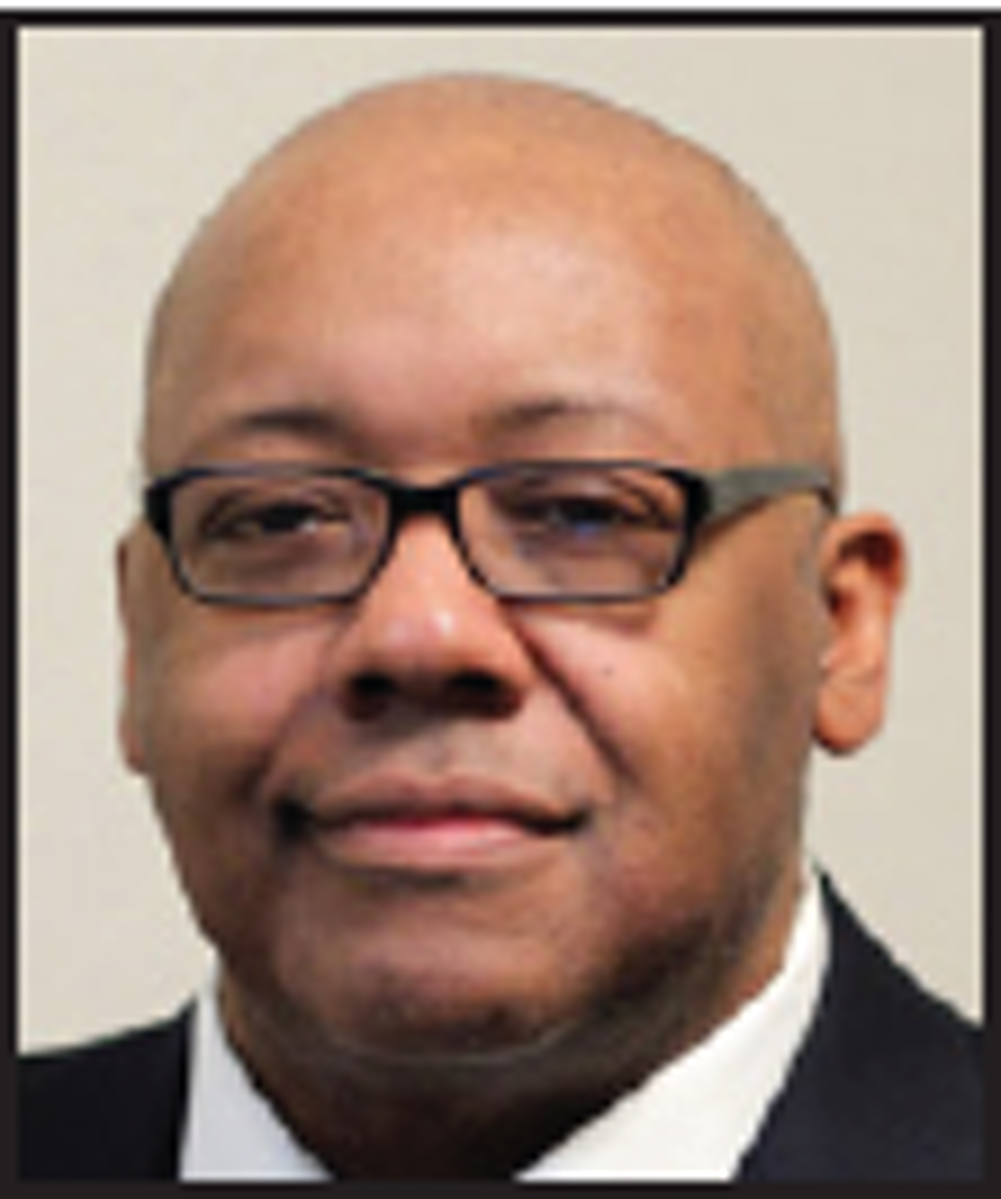By TERRY MANNING
 One of the more random things I remember about being in student government in junior high school is getting to occasionally participate in the raising and lowering of the American flag that flew in front of the school.
One of the more random things I remember about being in student government in junior high school is getting to occasionally participate in the raising and lowering of the American flag that flew in front of the school.
I learned how to fasten the flag to the chain used to raise it to full height and then secure that chain to the bottom of the flagpole. I learned how to lower the flag while making sure it never touched the ground before another person and I could fold it properly and return it to the principal’s office. I recall being told the flag should not be flown in inclement weather.
The U.S. Flag Code allows for all-weather flags to be displayed, but to this day, I frown when I see one left out in the rain.
From a distance, the flag is a beautiful symbol flapping in the wind, but I was surprised that when I saw one up close for the first time there were loose threads, mild discoloration and other signs of wear. It wasn’t just a symbol, it was a real thing, and still is, much like the country and people it represents. I think we forget that sometimes.
So much of the current political discourse is a combative mix of sound and fury where words seem to mean nothing to the people who say them — or to the people who gleefully parrot them — except for the words’ value in agitating others.
How dare I suggest my Facebook friends wear masks to slow the spread of the coronavirus. That’s not legitimate concern on my part. It’s just for show. I’m “virtue signaling.”
If I look for opportunities to be inclusive or stand up for others’ interests, I’m being “politically correct” or a “social justice warrior.” To my mind, none of these are bad things, but then the tone sharpens. It becomes “them versus us.” Others are not people with whom we disagree, they are “the enemy.” They are “radicals” who want to “destroy” the country.
We are so quick to call people who vote a certain way “racists,” when I believe they often are more concerned with protecting their homes and their savings and having something to leave their children than in disenfranchising and hurting minorities.
I continue to be amazed at the number of people for whom threats that seem obvious to many of us don’t strike a chord with others until they endanger — or kill — people they know and care about.
We are a multitude of people split along a multitude of vectors. A nation of people who are seen and heard and expect to be accommodated pitted against another that is unseen, unheard, ignored and expected to be content with their position.
A nation whose occupants assume if systems are working in their favor, it doesn’t matter who those systems fail. A nation that worries about traditions and constructed things that must be protected and maintained and another whose citizens raise the voices, take to the streets and rouse discomfort simply to have their lamentations acknowledged, their existence affirmed.
And we all live under the same flag.
These differences and our struggles with them are our loose threads and discolored areas. The winds and rain and bleaching sunlight that weather our flag are mirrored by people who seek to widen the cracks in our societies, who would take our beautiful diversity and tell us it is a flaw rather than a strength.
When a flag has suffered enough damage, it is supposed to be retired and disposed of in a manner that befits its honor. To hear some tell it, America itself is in danger of reaching that point, or we have already been torn asunder and left in disrepair. I don’t share that opinion.
There are bright days ahead for this union and its people. We simply have to treat each other with due care and respect.
Terry E. Manning lives and works in Savannah, Ga. He is a Clemson graduate and worked for 20 years as a journalist. He can be reached at teemanning@gmail.com.





